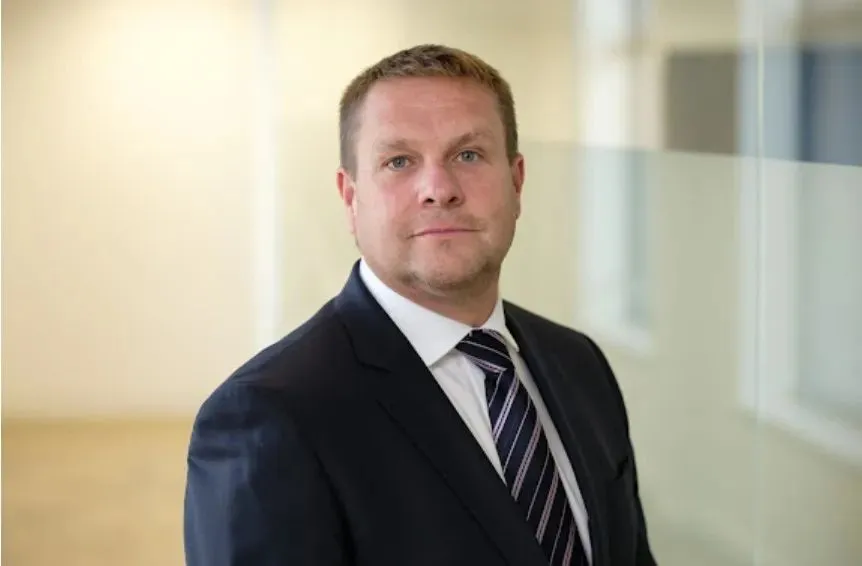
Every surveyor remembers the first time they walked into a property and realised something wasn’t quite right. Perhaps it was a set of documents that didn’t quite match what was in front of them, or a ‘recent refurbishment’ that was little more than a cosmetic cover-up.
In those moments, the importance of the surveyor’s role becomes clear, not just to the lender, but to the people who will one day call that place home or for investors looking to maximise profitability.
Surveying has always been about more than ticking boxes or producing a report. It’s about being that all-important safeguard, ensuring properties are safe, transactions are honest, and the mortgage process maintains its integrity.
When a surveyor visits a property, they carry more than a commercial responsibility; they carry a social and moral one. A buy-to-let property that fails basic standards doesn’t just pose a risk to a lender’s balance sheet or a landlord’s yield, it risks exposing tenants to poor living conditions and undermines confidence in the wider market.
Surveyors are often the final checkpoint, making sure a property is fit not only to lend against but also as a safe, habitable place to live. That duty extends beyond structural integrity and market value; it also encompasses the integrity of the transaction itself.
This matters even more with fraud on the rise, with much of it hidden from view. The true scale of mortgage and property fraud is difficult to pin down, but official figures only tell part of the story. Earlier this year, client due diligence platform Thirdfort revealed that the FCA has recorded just 17 enforcement investigations into mortgage fraud since 2018.
This strikingly low number almost certainly underrepresents the problem, especially given how often fraud involves forged documents, false identities, or manipulated income details designed to deceive lenders.
Property title fraud paints an even more troubling picture. Open Property Group reported a 78% increase in cases over the past 12 months, with £27m of property value illegally transferred in 2024 alone. The majority of victims (86%) were absent owners such as landlords, overseas investors, or elderly homeowners, people less likely to spot the warning signs until it was too late.
Technology has a vital role in today’s property market, helping us make faster, better-informed decisions and create a wealth of innovative solutions. Systems and data are brilliant at detecting anomalies but, even with AI advances, they cannot always sense when a story doesn’t add up.
Fraud prevention
A surveyor’s physical presence, by that I mean walking through a property, asking the right questions and spotting inconsistencies remains irreplaceable. Our role remains a human one, bringing judgement, accountability, and the ability to weigh up not only financial risks but also social consequences. That makes us one of the strongest defences the market has against fraud.
We are not simply producing valuations; we are protecting standards, helping to prevent fraud, and ensuring homes are genuinely fit for the people who live in them.
As fraud grows more sophisticated and housing pressures intensify, surveyors’ responsibilities are not diminishing, they are expanding. Every time we step into a property, we act as custodians of trust in the housing market.
That trust isn’t just about numbers on a page. It’s about knowing that a home is safe, that a mortgage is legitimate, and that the market continues to function with integrity. And that, to me, is one of the most important obligations we carry as a profession.
Matthew Cumber is managing director, Countrywide Surveying Services



